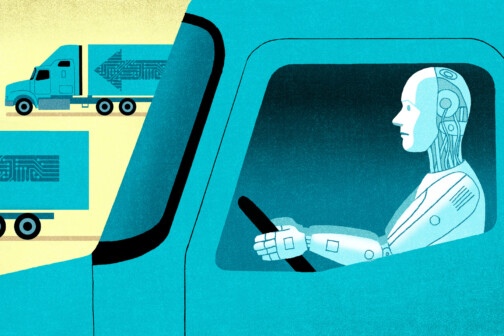Bridge Labs at Pegasus Park wants to ensure the companies starting in North Texas stay here as they grow. As the name implies, the development offers support beyond biotech operations’ infancy and gives them space to mature.
Imagine if researchers from UT Southwestern or UT Dallas have what they think could be a marketable discovery. Rather than raise money to purchase millions of dollars of equipment, they snag a space at BioLabs, where they can have a month-to-month lease and use shared equipment, focusing limited dollars on advancing the science.
If things go according to plan, the science shows promise, and the organization needs customized space to continue its innovation, Bridge Labs will be there. There will be 135,000 square feet of rentable space, with shell lab space ready to build out and accommodate a tenant. There will also be 4,500-8000-square-foot spec suites built out and ready to occupy on day one.
“This type of space is important because the time between when a company gets good data for their clinical trials or other news in terms of promising science and the ramp up they have in terms of hiring personnel and finding space is a relatively small window, maybe six to nine months,” says Steve Davis, president of J. Small Investments is one of the developers behind the Pegasus Park.
Bridge Labs will occupy the space adjacent to BioLabs, the key operator of the development’s 37,000 square-foot co-working laboratory and office facility for life science startups and has a flexible lab, training, and office space, six private labs, 90 open benches, workstations, lab space, conference rooms, tissue culture suites, a microbiology suite, and other standard lab equipment. BioLabs has experienced more significant than expected demand for its space since its launch last year. Bridge Labs will support the next step in a life science company’s development, as its name implies.
In the past, when companies moved into that growth mode, there wasn’t anywhere for them to go, and they ended up moving to Boston, California, or the Research Triangle in North Carolina. Davis and Bridge Labs want to reverse the trend and have some companies that have left for the coasts come back to Texas. “Not having to uproot things and move your scientists and your business teams to somewhere else is incredibly powerful,” Davis says. “We’ve seen many of these companies leave North Texas over the last 10 to 15 years, and one of the big driving factors for us in creating this facility was we want those folks to stay home.”
Davis says the final piece of the Pegasus’ master plan, which is still in the early stages, is one million square feet of lab space that can be purpose-built for clients who want to move out of Bridge Labs and into their own office or manufacturing space. “The whole lifecycle of one of these companies can exist within the Pegasus Park ecosystem,” Davis says.
One-third of the Bridge Labs space, which is expected to open in the second quarter of 2024, is pre-leased, with 30 percent of the remaining space in negotiations. Davis says that a couple of former BioLabs occupants already had to leave the region as they outgrew the space at Pegasus Park. From his perspective, development can’t come fast enough.
With the addition of the regional hub of ARPA-H at Pegasus Park, North Texas will continue to build on its growing reputation as a biotech hub. Pegasus Park is a 750,000-square-foot campus renovated in 2020. It includes biotech and life sciences clients, a social impact hub with dozens of nonprofits called the Water Cooler, 16,000 square feet of flexible meeting space, commercial tenants, and entertainment and dining venues. ARPA-H will support the development of high-risk, high-reward biomedical and health research to drive breakthrough solutions and real-world impact. ARPA-H’s first priority will be building a network to diversify and speed up the clinical trial process.
Davis sees the development as having the “four legs of the stool” of biotech growth: growing facilities in Pegasus Park, access to the science of organizations like UTSW in the development, access to the workforce and graduates coming out of local universities and a recent federal workforce grant earned by Dallas College, and financing through organizations like Health Wildcatters. “You don’t have to get on an airplane and go somewhere else to find funding or to have a conversation with somebody doing similar work,” Davis says. “That’s exciting.”
Author







